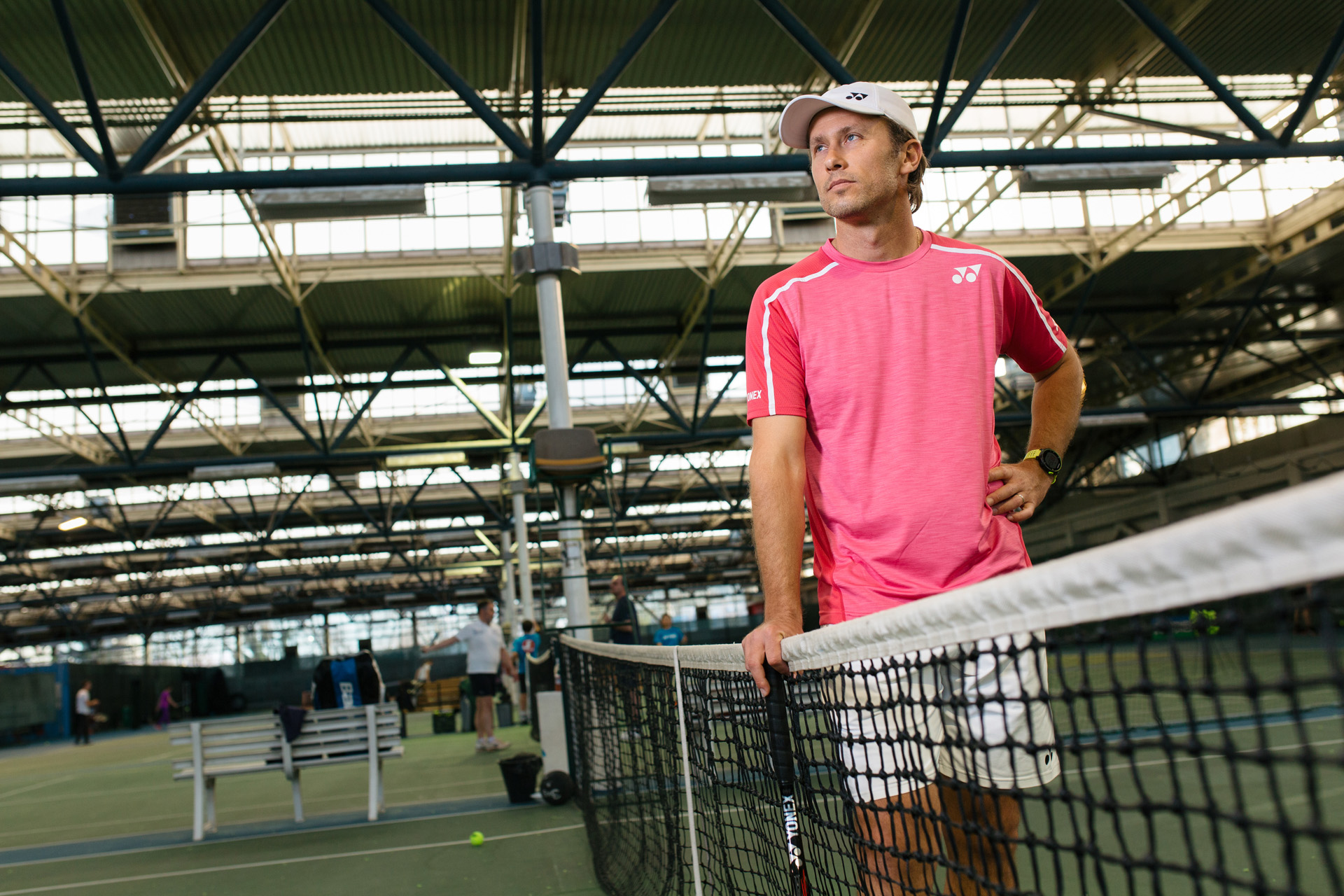
25 Jul What it takes to be a great coach
Let me start with a question. How many really great and successful tennis coaches do you know?
If your daughter or son is 18 years old and is about to turn pro, how many coaches can you think of that you would entrust your child`s career and well-being to? Um, not so many, I guess. I asked myself that same question so many times because I wanted to define an ideal profile of a great tennis coach. There are many good coaches, but when it comes to you personally, then you want a great coach.
Whenever I ask this question, people can’t think of more than 5 names. Why? Isn’t that strange? It doesn’t look like much of a science. I heard many times people say: “Tour coach, pfff, that’s easy, they work with players that know more or less everything about tennis, their job is to support them, organize some practice courts and hitting sessions and just clap hard during matches”.
If so, then why is it so hard to find a great coach?
An interesting thing is that when looking from a distance it really seems like this. You really need to get involved deeply in the game to be able to understand what it takes to be a great coach. Of course that things like knowledge, experience, communication skills, confidence, playing career, credentials, etc., are important, but is there something else? Isn’t this what many people have and you still feel there’s something missing?
While I was writing this article, I posted this same question (What does it take to be a great coach?) on Quora, and I got one very interesting answer. It said; “Does the coach work with his own coach? Coaches that don’t work with their own coaches are not doing the work to uncover their own blind spots. They’re not doing the work to develop their own leadership (that’s what a coach is — a leader). No amount of tools and credentials in the world will make a difference if the coach isn’t doing the work to develop their own self. This is the heart of coaching.”
Wow, I couldn’t agree more. Tennis is a very complex and demanding sport and because of that, the role of a coach is versatile: sports teacher, tennis expert, psychologist and motivator in wins and losses, and in the end, a friend and a parent in everyday life moments. With a unique approach, the coach has to give a constant and uncompromising support to a player in all professional and personal aspects.
A good coach improves your game. But a great coach improves your life!
Today`s modern coaching, and especially tennis coaching, has become far more integrative than just X’s and O’s on the court. Without setting an example with your everyday lifestyle, without inspiring and motivating people around you with your personal standards, words, and actions and without everyday hard work, it is very difficult to get the players` long-term respect and to make a real difference. Only the people with the highest individual standards can succeed.
“No written word, no spoken plea, can teach our youth what they should be. Nor all the books on all the shells is what the teachers are themselves.” – John Wooden
For more of my coaching philosophy, find me on Facebook, Twitter, Linkedin, and Instagram.

